Getting food stuck in your wisdom teeth holes is a common worry after extraction. But how long should you actually be concerned about it?
Most people can stop stressing about this around 1-2 weeks post-extraction as the surgical sockets begin to close and heal. The gum tissue usually heals within a few weeks, while the bone underneath takes a bit longer (several more weeks).
Let’s break down the timeline, what to expect, and how to deal with any food that decides to make your empty tooth socket its new home

The Wisdom Teeth Healing Timeline
First 24 Hours: The Critical Period
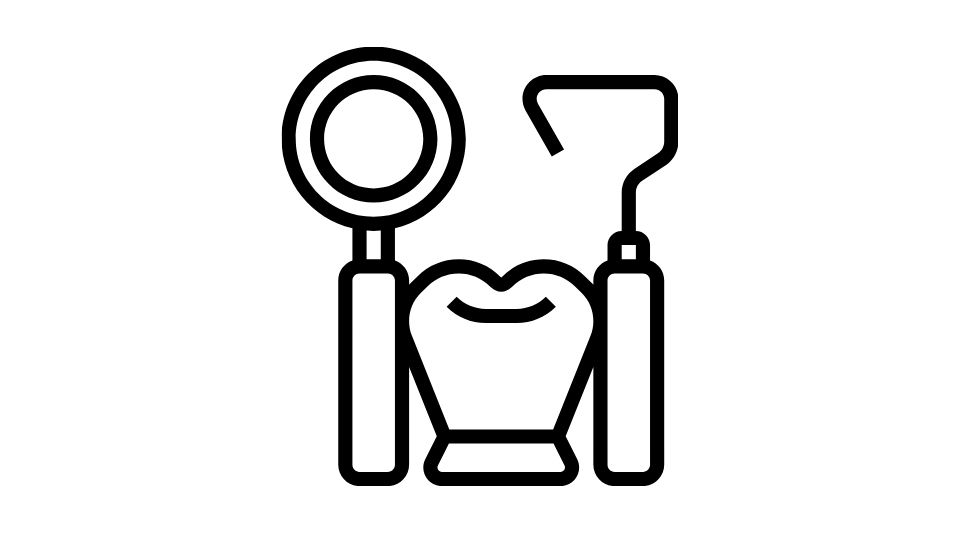
During this time, your body is forming a blood clot in the empty socket – this is super important for proper healing.
- Avoid rinsing your mouth
- Stick to liquids and smooth foods like yogurt, applesauce, and ice cream
- No poking around the extraction site!
That blood clot is like the foundation of a house – mess with it, and the whole healing process can collapse.
Days 2-7: The Vulnerable Stage
The gum tissue starts healing, but those sockets are still wide open. This is when food getting stuck is most likely and most problematic.
- Eat soft, non-crunchy foods
- Rinse gently with saltwater after meals (but not too forcefully!)
- The risk of food particles causing infection or discomfort is highest now
This is when most people go crazy wondering “is that a piece of chicken or part of my healing gum?”
Week 1: Progress City
By now, swelling and pain should be decreasing significantly. You can start introducing more foods:
- Semi-soft foods like eggs, pasta, and soft-cooked vegetables
- Still avoid anything that can break apart easily (bread crusts, chips)
- Seeds are your enemy right now (they LOVE finding empty sockets)
Week 2: The Turning Point
This is when things really start looking up! Gum tissue has typically grown significantly over those extraction holes.
- Many people can eat more solid foods with less worry
- The risk of food getting trapped is much lower
- Still avoid super hard, crunchy, or chewy foods that could irritate the area
By the end of week 2, most people can stop obsessively checking their extraction sites after every meal. That’s freedom!
Weeks 3-6: Almost Back to Normal
- Full socket closure occurs during this time
- The bone underneath continues healing
- You can gradually resume your normal diet (unless your dentist says otherwise)
Tips to Deal With Food in Wisdom Teeth Holes
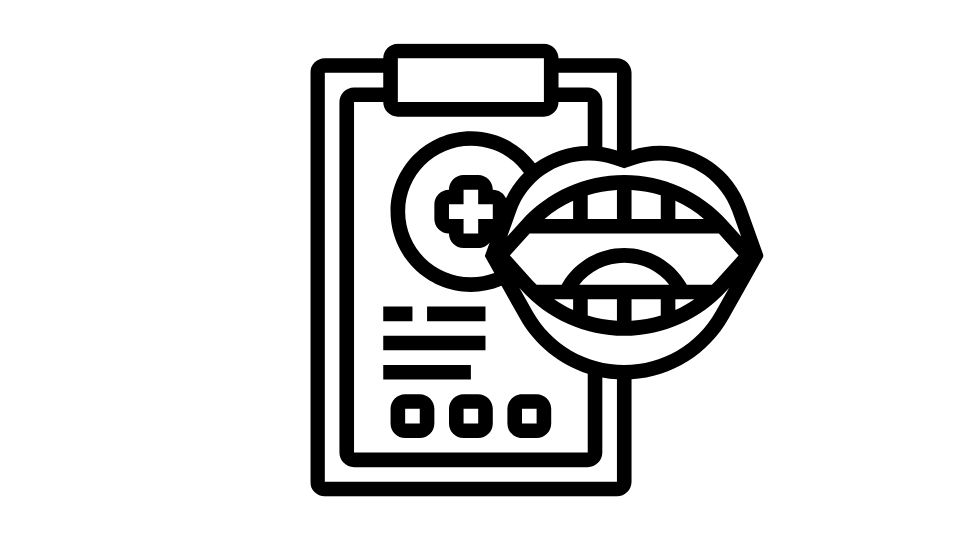
Gentle Cleaning Methods
- Use a soft-bristled toothbrush near the extraction sites
- Start saltwater rinses 24 hours after surgery (½ teaspoon salt in 8oz warm water)
- A plastic syringe filled with warm water can flush out trapped food without disturbing the blood clot
Food Choices Matter
Avoid these troublemakers in the early weeks:
- Hard foods (nuts, chips)
- Crunchy foods (crackers, hard bread)
- Small-grainy foods (rice, quinoa)
- Sticky foods (caramel, gummy candies)
Instead, embrace these healing heroes:
- Smoothies (without seeds!)
- Soups (without chunks)
- Scrambled eggs
- Mashed potatoes
- Yogurt
Strategic Eating
- Chew on the opposite side from your extraction sites
- Eat slowly and mindfully
- After eating, gently rinse with saltwater (after the first 24 hours)
One patient I spoke with said, “I ate exclusively on the left side of my mouth for two weeks. It was weird but worth it!”
When Can I Eat Normally Again?
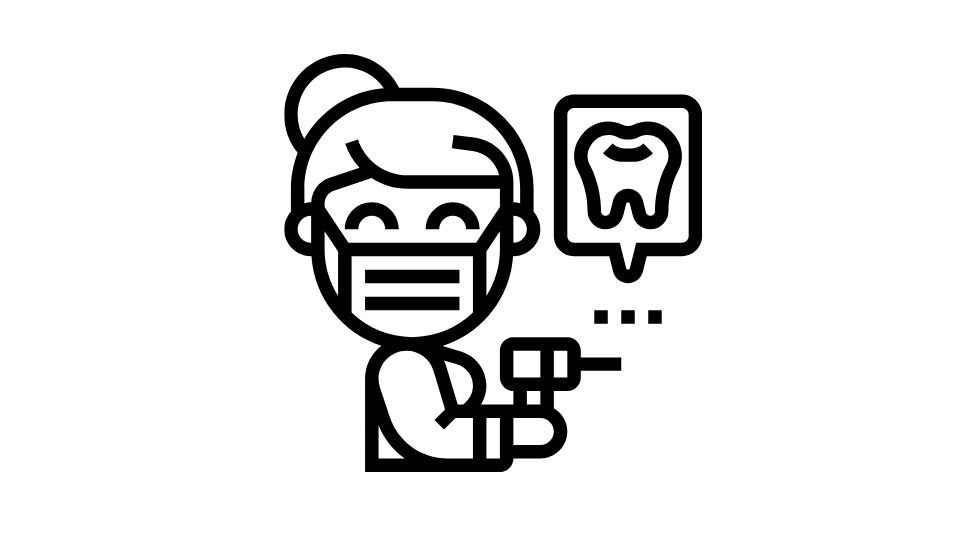
Most people can resume normal eating by 2 weeks post-extraction if healing has gone well. But this varies based on:
- How complex your extraction was (simple vs. surgical removal)
- Your personal healing speed
- Whether you’ve had any complications
If you’re still having discomfort or food getting trapped beyond two weeks, or if things seem to be getting worse rather than better, it’s time to call your dentist. Don’t tough it out! Complications like dry socket need prompt attention.
The Food-Tracking Angle
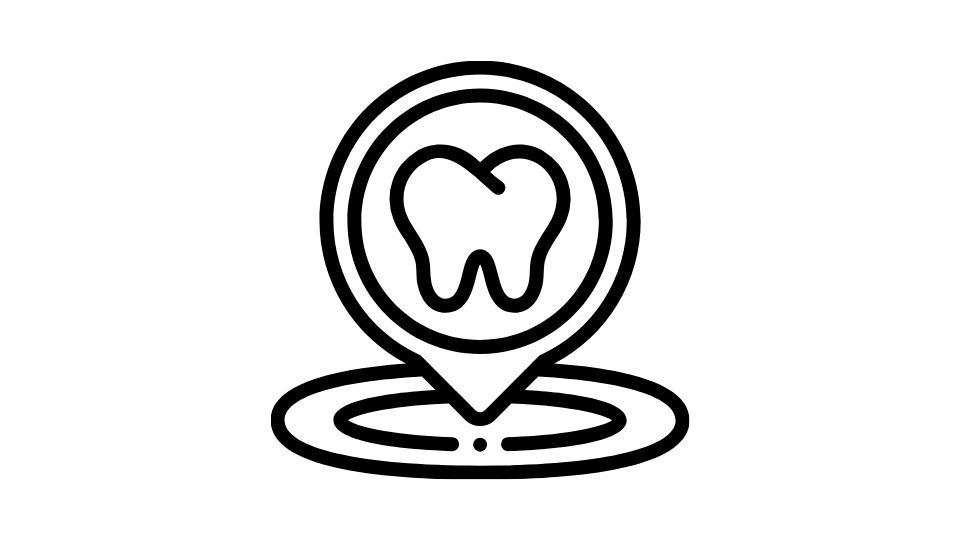
If you’re someone who tracks their meals for fitness or health reasons, wisdom teeth recovery presents an interesting challenge. How do you maintain your nutrition when you’re limited to soft foods?
Focus on nutrient-dense options that are easy to eat:
- Protein smoothies with Greek yogurt
- Pureed vegetable soups
- Soft-cooked eggs
- Ground meat in sauce
- Cooked oatmeal with protein powder
This approach helps ensure you’re getting the nutrients your body needs to heal while avoiding foods that could cause problems.
In Summary: Your Food & Healing Timeline
| Time After Extraction | What’s Happening | Food Recommendations | Food Enemies | Worry Level |
|---|---|---|---|---|
| 0-24 hours | Blood clot forming | Liquids, smooth foods | Anything solid or crunchy | High |
| Days 2-7 | Early tissue healing | Soft foods only | Seeds, small grains, crunchy items | High |
| Week 1 | Gum healing progresses | Soft and semi-soft foods | Bread crusts, nuts, chips | Medium |
| Week 2+ | Socket closing | Gradual return to normal | Very hard/chewy foods | Low |
| 3-6 weeks | Complete closure | Normal diet | None (usually) | Minimal |
By week 2, you’re usually in the clear for most foods, and by week 6, that wisdom tooth socket is just a distant memory.
Remember: everyone heals at their own pace. Some lucky people might be back to normal in a week, while others might need a full month.
Listen to your body, follow your dentist’s advice, and soon enough you’ll be chomping down on whatever foods you love without a second thought about those wisdom teeth holes!



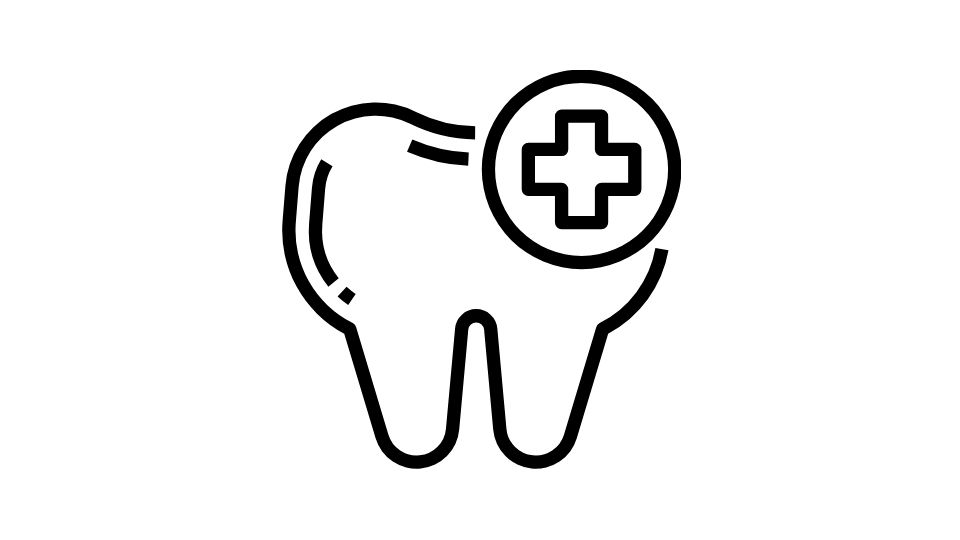
Leave a Reply